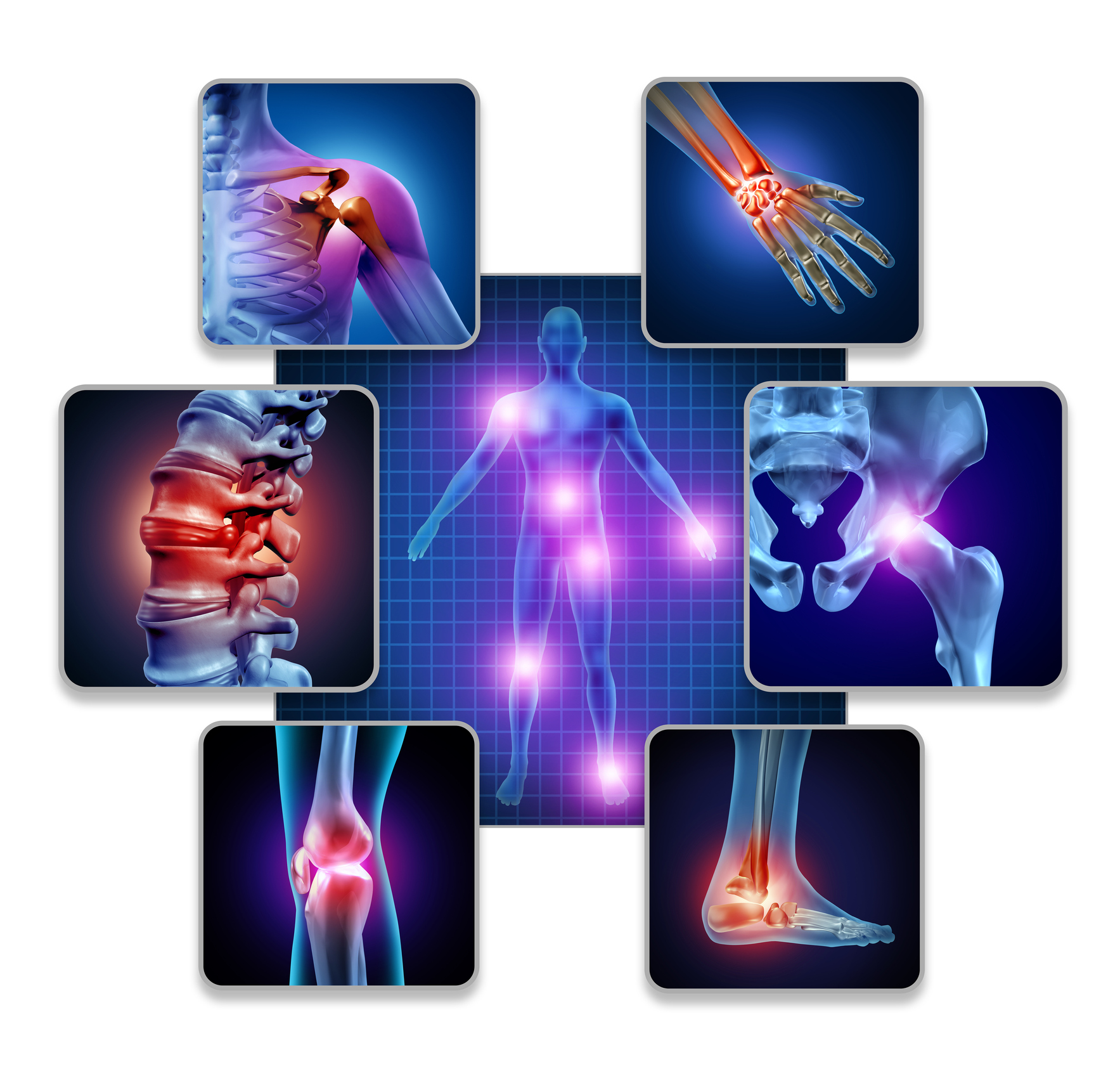Ageing is a natural biological process in living organisms characterized by receding bioenergetics. Mitochondria are crucial for cellular bioenergetics and thus an important contributor to age-related energetics deterioration. In addition, mitochondria play a major role in calcium signaling, redox homeostasis, and thermogenesis making this organelle a major cellular component that dictates the fate of a cell. To maintain its quantity and quality, mitochondria undergo multiple processes such as fission, fusion and mitophagy to eliminate or replace damaged mitochondria. While this bioenergetics machinery is properly protected, the functional decline associated with age and age-related metabolic diseases are mostly a result of a failure in such protective mechanisms. In addition, metabolic byproducts like the reactive oxygen species also aid in this destructive pathway. Mitochondrial dysfunction has always been thought to be associated with diseases. Moreover, studies in recent years have pointed that ageing contributes to the decay of mitochondrial health by promoting imbalances in key mitochondrial-regulated pathways. Thus, it is crucial to understand the nexus of mitochondrial dysfunction and age-related diseases. This review focuses on various aspects of basic mitochondrial biology and its status in ageing and age-related metabolic diseases. This article is protected by copyright. All rights reserved.This article is protected by copyright. All rights reserved.
Mitochondrial dysfunction in age-related metabolic disorders.


